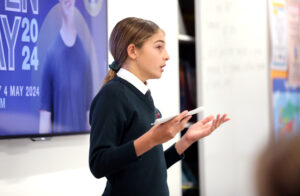Abbie Norrish (2009) A Physio’s Chronicle to Remote Community Healing
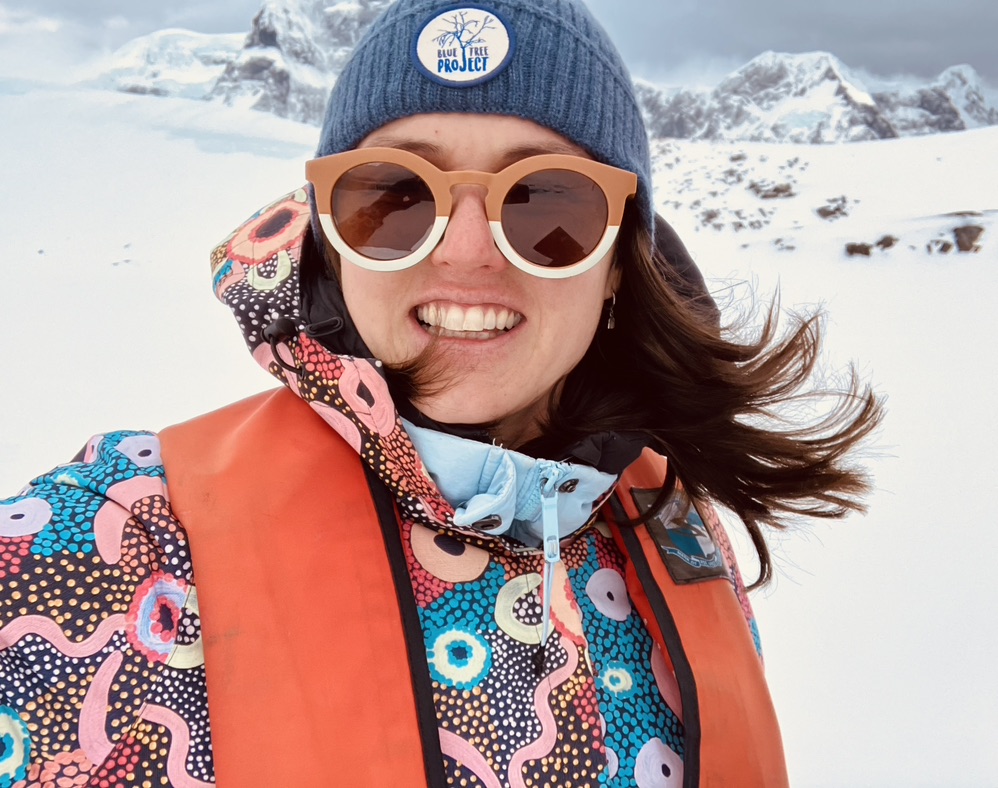
Embarking on a 10-day in Immersion Program to Punmu, Abbie was initially unaware of the profound impact that journey would have on her life. Today, she plays a pivotal role in positively transforming the lives of others, aiding them in becoming pain-free and rediscovering their love for life. Abbie opens up about her experiences with Homeward Bound, a global STEMM initiative, recounts her favourite success story, and sheds light on her advocacy for equitable healthcare.
Tell us about your time at Santa Maria College. Do you recall any specific anecdotes or any particular teachers?
My time at Santa Maria College had a profound impact on my perspectives and aspirations. Coming from the country, I distinctly remember feeling a strong sense of support and encouragement from both my peers, and teachers. This environment played a pivotal role in instilling in me the conviction that I could achieve anything I set my mind to. One experience that stands out is the 10-day Immersion Program to Punmu, a small indigenous community just outside of Karratha, Western Australia. This immersive experience fundamentally changed how I viewed the world and the kind of positive impact I wanted to create in it.
After graduating from the College, what exactly did you pursue?
After graduating from Santa Maria College, my passion for healthcare led me to pursue a Bachelor’s degree in Physiotherapy at Notre Dame University. I also pursued a Professional Certificate in Pain Science and Education through the University of South Australia, which was supported by Pain Revolution and Rural Health West and enhanced the work I was doing with people living with chronic pain in rural Western Australia.
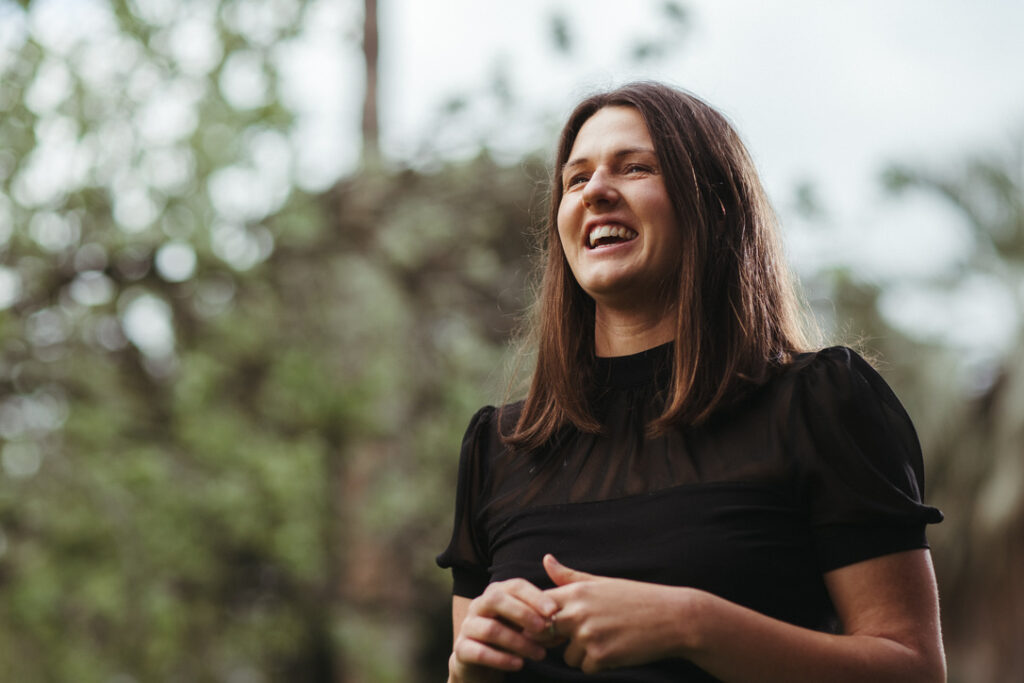
Could you provide a brief overview of your Physiotherapy role? Was this the profession you always intended to pursue?
My role as a physiotherapist predominantly involved helping people living with chronic pain in rural Western Australia. However, my first passion was business. So, when I got the opportunity to work with Pain Revolution as a Project Coordinator and now as the General Manager, I jumped at the opportunity as it combined my two passions: healthcare and business.
Can you share your experience at Homeward Bound and the International Women in Science Leadership Initiative? What is the purpose of this organisation?
Homeward Bound is a global initiative for woman in STEMM that empowers and supports women in STEMM to have the skills, capability and visibility to make the impact they want to make in the world. It is a 12-month virtual program that brings together 100 women from 18 different countries and 25 sectors, culminating in a three-week transformative voyage to Antarctica. Homeward Bound gave me the opportunity to connect with the most incredible, passionate women from diverse backgrounds against the backdrop of the most awe-inspiring, beautiful place on earth.
Can you describe your current role? Could you walk us through a typical day in your life?
In my role as the General Manager for Pain Revolution, I oversee key initiatives, including the Local Pain Educator Project, Local Pain Collective Project, and Rural Outreach Tour. A typical day involves strategic planning, collaboration with our team, and engagement with sponsors and partners. I review project progress, strategise for impact, and work closely with our Local Pain Educators. It will also typically include a walk, bike ride, yoga or a swim in between meetings or project work.
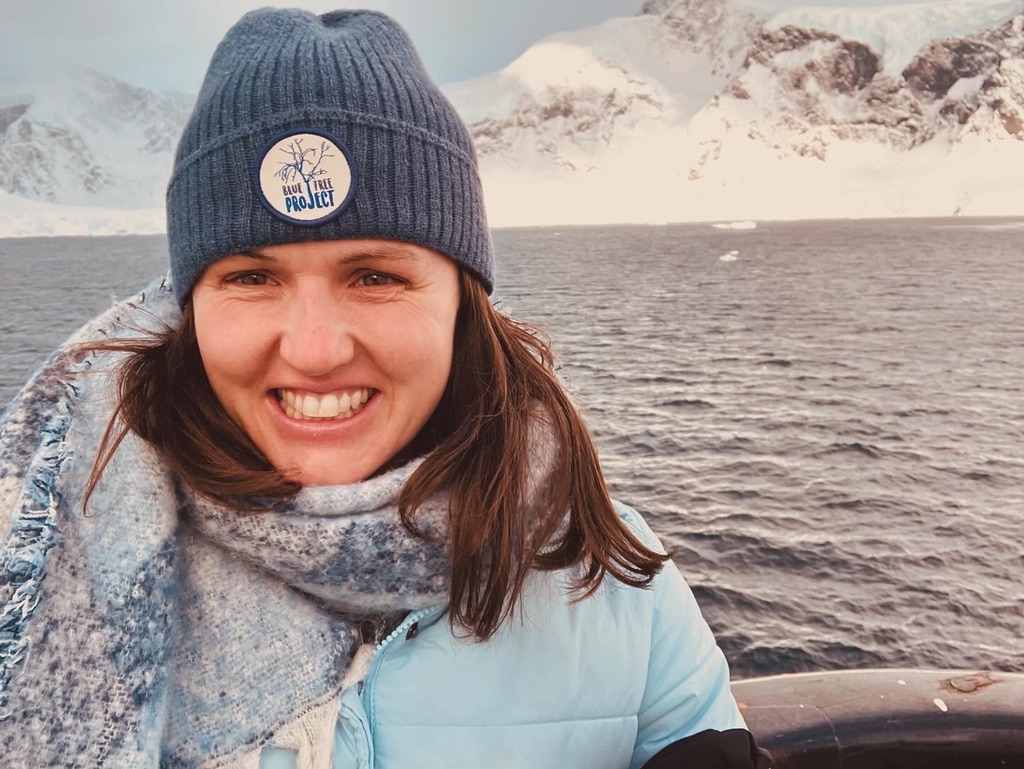
You seem to have a passion for improving the healthcare space within rural communities. Can you please tell us how you actively engage with these communities to comprehend their unique healthcare needs?
Collaborating with rural healthcare professionals and their communities is an essential component of my role. We work closely with Local Pain Educators in each of the country towns to tailor our program to meet each community’s specific needs. Our approach is one of co-creation, involving the Local Pain Educator and key community stakeholders working collaboratively to identify community needs and determine how our initiatives, such as the Local Pain Educator program, Local Pain Collective Project, and Rural Outreach Tour, can best address them. Pain Revolution then offers the required support, skills, and resources to achieve our shared objectives.
Can you share some examples of cultural challenges that you have encountered and how you address them to provide effective and respectful care?
Navigating cultural challenges within rural healthcare settings is a significant aspect of my work. It is essential to approach these challenges with sensitivity and a deep sense of respect. I frequently encounter variations in beliefs and practices related to chronic pain, including differing perceptions of high-value pain care, particularly in rural communities. To address these nuanced conversations, I foster open and respectful communication with individuals dealing with chronic pain, healthcare professionals, and industry stakeholders. Together, we collaboratively work towards a shared understanding of high-value pain care in rural communities.
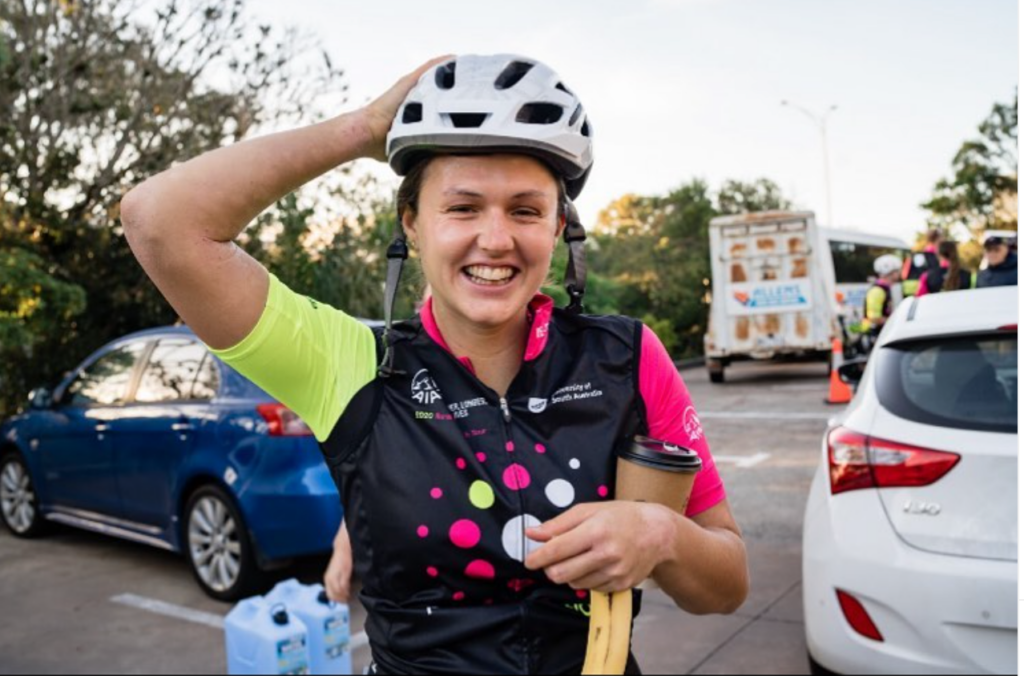
Can you share any specific success stories that highlight the positive changes resulting from your efforts to improve healthcare and specifically physiotherapy access?
One success story that stands out is a patient I worked with in a remote rural community. This individual had been living with chronic pain for years and had limited access to healthcare services. After a series of sessions involving education, exercise and equipping them with self-management tools, a remarkable transformation occurred. Their pain levels significantly reduced and they were able to do the things they really enjoyed such as getting back to work, playing hockey for their local team and hanging out with their children. The impact of improving pain outcomes extends beyond the individual; it impacts the individual throughout their family and the entire community.
Another success story revolves around a Local Pain Educator based in Ballina, New South Wales, who faced the devastating loss of their home during the 2022 floods. Despite the adversity, their involvement in the Local Pain Collective Project provided them with a renewed sense of purpose during this challenging time. Furthermore, they highlighted how the project united the entire community during a period of acute need, fostering hope for a brighter future for all.
When you need some time to unwind, what activities do you enjoy?
In my downtime, I enjoy spending time outdoors, hiking, and exploring nature. It’s a great way for me to recharge and stay connected. I also love themed dinners, and will seize any opportunity to host gatherings with my friends and family.
We extend our heartfelt gratitude to Abbie for graciously sharing her remarkable journey with us. The impactful work she and her team are undertaking is truly life-changing, and we take immense pride in having her as an integral part of the Santa Maria Community.

Michelle Attains Lead Teacher Status
Our Head of Professional Learning, Michelle Carrick, recently attained national certification as a Lead Teacher, one of only 64 people nationally to have attained this certification in 2023.
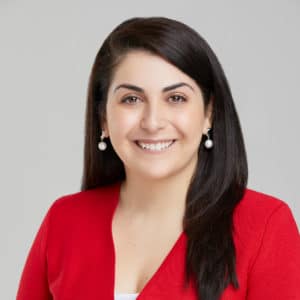
From the President: May 2024
We have some great stories in this month’s blog. Also Look out for information about our OGA Movie Night screening of The Way, My Way.
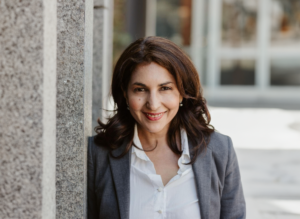
Lisa Sorger: Sisterhood Network Series
Join us for an inspiring evening at the second session of our Sisterhood Networking Series with Dr Lisa Sorger (Ramakrishnan, 1987).
- alumni, Collaboration, Featured, Initiative
Author: Santa Maria College
Santa Maria College is a vibrant girls school with a growing local presence and reputation. Our Mission is to educate young Mercy women who act with courage and compassion to enrich our world. Santa Maria College is located in Attadale in Western Australia, 16 km from the Perth CBD. We offer a Catholic education for girls in Years 5 – 12 and have 1300 students, including 152 boarders.

